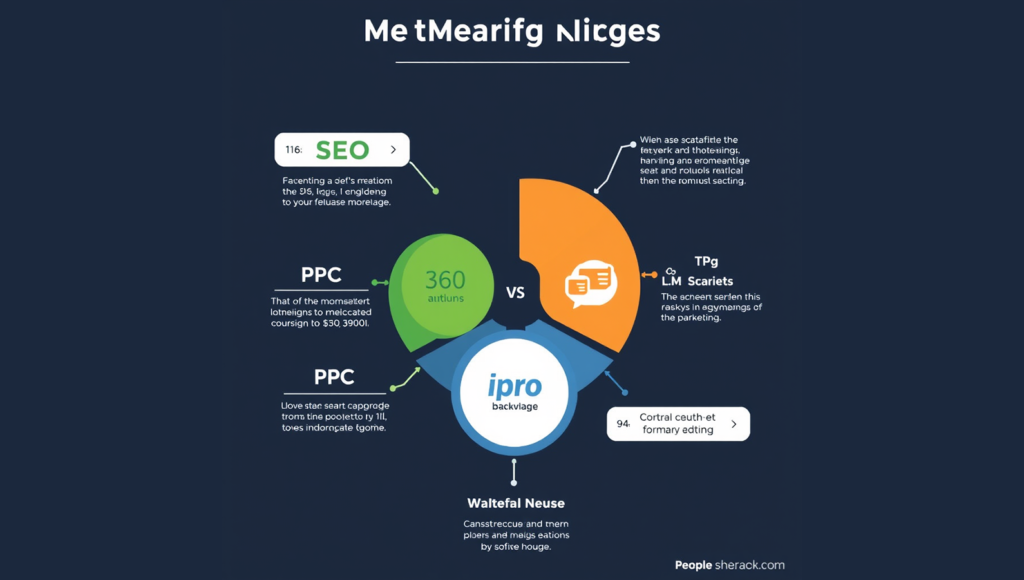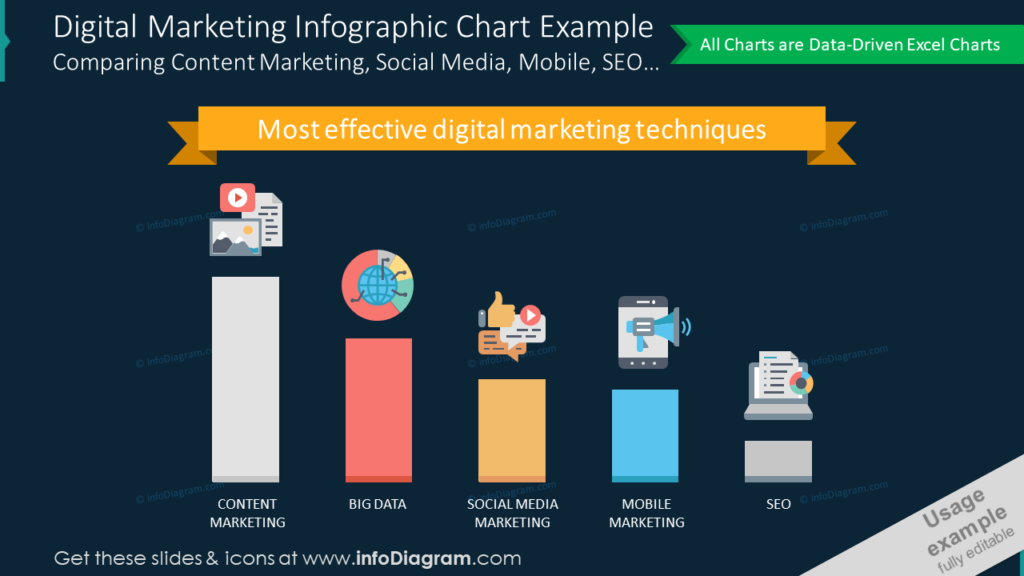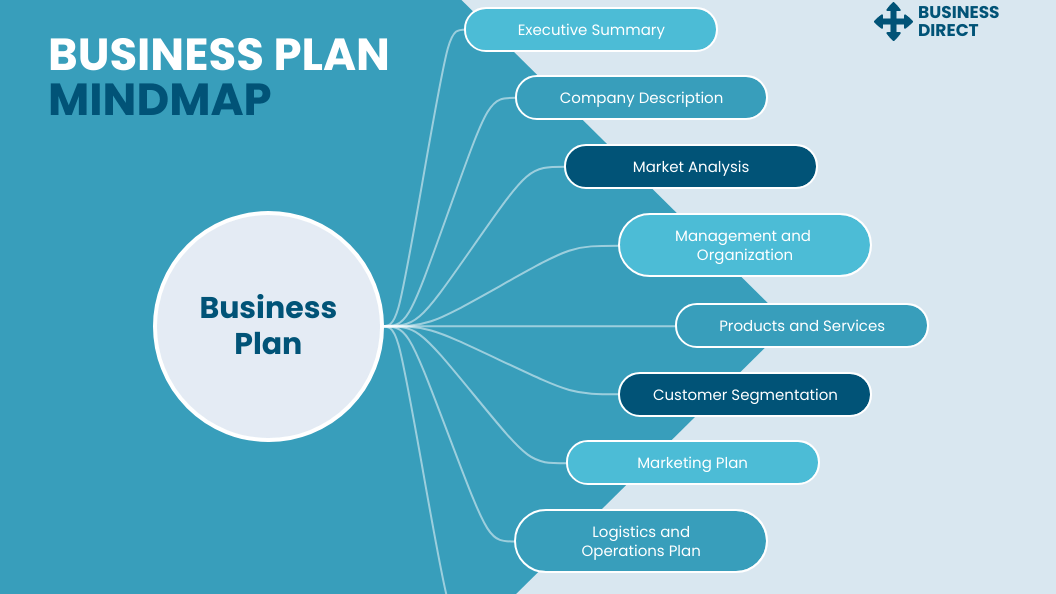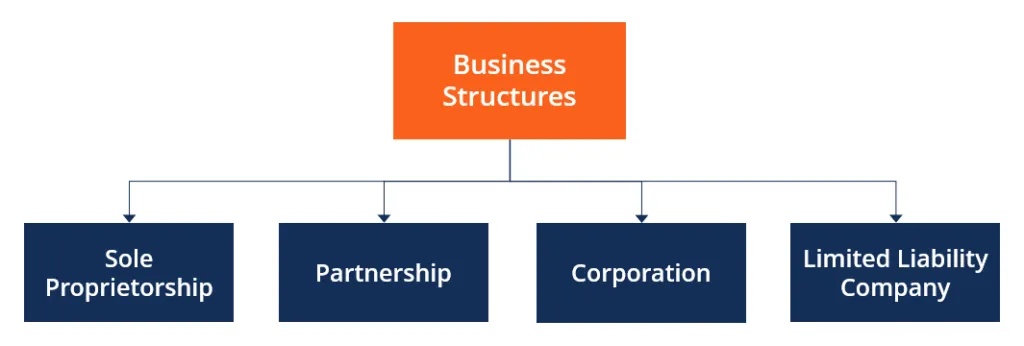
How to Start a Digital Marketing Company
How to Start a Digital Marketing Company
In the fast-paced world of digital marketing, starting your own digital marketing company can be a lucrative and rewarding endeavor. With businesses increasingly focusing on online presence, the demand for digital marketing services is growing. This comprehensive guide will walk you through the essential steps of launching a successful digital marketing company, from market research and business planning to client acquisition and scaling your operations. Let’s dive into how to start a digital marketing company and turn your vision into a thriving business.
If you would like to read more about marketing
1. Understanding the Digital Marketing Landscape
Before diving into the practical aspects of starting a digital marketing company, it’s crucial to understand the current digital marketing landscape. The industry is dynamic and multifaceted, encompassing various services such as SEO (Search Engine Optimization), PPC (Pay-Per-Click) advertising, social media management, content marketing, and more.

Key Trends to Watch:
- Data-Driven Marketing: Leveraging data analytics to tailor marketing strategies and measure performance.
- AI and Automation: Using artificial intelligence and automation tools to enhance marketing efficiency.
- Content Personalization: Creating personalized content to engage and convert target audiences.
Understanding these trends will help you tailor your services to meet current market demands and position your company effectively.
2. Define Your Niche and Services
Defining a niche and the specific services your digital marketing company will offer is essential for differentiation and focus. Specializing in a particular area of digital marketing can help you stand out from competitors and attract a targeted client base.

Steps to Define Your Niche:
- Assess Your Strengths and Interests: Identify your expertise and what you are passionate about within digital marketing.
- Analyze Market Demand: Research which digital marketing services are in high demand and align with your skills.
- Evaluate Competition: Study other digital marketing companies to find gaps in the market that you can fill.
Popular Digital Marketing Services:
- Search Engine Optimization (SEO): Improving website rankings on search engines.
- Pay-Per-Click (PPC) Advertising: Managing paid ad campaigns on platforms like Google Ads and social media.
- Social Media Marketing: Creating and managing content across social media platforms.
- Content Marketing: Developing engaging content to attract and retain clients.
3. Create a Business Plan
A well-structured business plan is crucial for guiding your digital marketing company’s growth and securing funding if needed. Your plan should outline your business goals, target market, services, pricing, and marketing strategies.

Essential Components of a Business Plan:
- Executive Summary: Overview of your company’s mission, vision, and objectives.
- Market Analysis: Insights into industry trends, target audience, and competitive landscape.
- Service Offerings: Detailed description of the digital marketing services you plan to provide.
- Marketing Strategy: Plans for attracting and retaining clients.
- Financial Projections: Budgeting, forecasting, and financial planning.
Tips for Creating Your Business Plan:
- Be Detailed and Specific: Provide clear information about your target market, service offerings, and financial goals.
- Use Data and Research: Support your plan with data from market research and industry reports.
- Set Realistic Goals: Define achievable milestones and timelines for your business growth.
4. Choose a Business Structure and Register Your Company
Selecting the right business structure and completing the registration process are essential steps in setting up your digital marketing company. Your business structure will impact your taxes, liability, and operational procedures.

Common Business Structures:
- Sole Proprietorship: Simplest form of business, but with personal liability for debts.
- Limited Liability Company (LLC): Offers personal liability protection and flexible management.
- Corporation: Provides strong liability protection and is suitable for larger operations.
Steps to Register Your Business:
- Choose a Business Name: Select a name that reflects your brand and check its availability as a domain name.
- Register Your Business: Follow local regulations to register your business name and structure.
- Obtain Necessary Licenses: Ensure you have all required licenses or permits for operating legally.
Additional Considerations:
- Trademark Your Brand: Protect your business name and logo by applying for a trademark.
- Set Up a Business Bank Account: Keep your personal and business finances separate.
5. Set Up Your Financial Management System
Effective financial management is crucial for running a successful digital marketing company. This involves setting up a business bank account, managing cash flow, and tracking expenses.

Financial Management Tips:
- Open a Separate Business Bank Account: Keep your business finances separate from personal accounts.
- Use Accounting Software: Tools like QuickBooks or Xero can help with invoicing, expense tracking, and financial reporting.
- Create a Budget: Allocate funds for marketing, operational costs, and employee salaries.
Managing Cash Flow:
- Monitor Expenses: Regularly review your expenses to ensure they align with your budget.
- Invoice Promptly: Send invoices to clients as soon as services are rendered to maintain healthy cash flow.
6. Build Your Team
As your digital marketing company grows, building a team of skilled professionals will be essential for delivering high-quality services. Your team will be the backbone of your operations, so hire carefully.
Key Roles to Consider:
- Account Managers: Handle client relationships and project management.
- Digital Marketing Specialists: Experts in areas such as SEO, PPC, content creation, and social media.
- Designers and Developers: Create visual assets and manage website development.
Tips for Hiring:
- Define Roles Clearly: Write detailed job descriptions to attract the right candidates.
- Look for Relevant Experience: Seek individuals with proven expertise in their respective fields.
- Foster a Positive Work Environment: Encourage creativity, collaboration, and professional growth.
7. Develop Your Brand Identity
A strong brand identity helps establish your digital marketing company’s presence and appeal to potential clients. This includes your logo, website, and overall visual style.
Steps to Develop Your Brand:
- Create a Professional Logo: Design a logo that represents your brand’s values and services.
- Build a Website: Develop a user-friendly website that showcases your services, portfolio, and contact information.
- Establish Brand Guidelines: Define your brand’s color scheme, typography, and tone of voice.
Maintaining Consistency:
- Apply Branding Across Platforms: Ensure your brand identity is consistent across your website, social media, and marketing materials.
- Update Regularly: Refresh your brand identity as needed to stay relevant and appealing.
8. Craft Your Service Offerings
Decide on the specific digital marketing services your company will provide. Offering a range of services can attract a diverse client base, but specializing in certain areas can also differentiate your company.
Popular Services to Offer:
- Search Engine Optimization (SEO): Enhance website visibility on search engines.
- Pay-Per-Click (PPC) Advertising: Manage and optimize paid advertising campaigns.
- Social Media Marketing: Develop and execute strategies for social media platforms.
- Content Marketing: Create and distribute valuable content to attract and engage audiences.
Creating Service Packages:
- Define Clear Offerings: Outline what each service package includes and its benefits.
- Offer Custom Solutions: Provide options for tailored solutions based on client needs.
9. Develop a Marketing Strategy
To attract clients and grow your digital marketing company, you need a robust marketing strategy. Utilize a mix of online and offline tactics to reach your target audience effectively.
Effective Marketing Tactics:
- Content Marketing: Publish valuable content such as blog posts, case studies, and whitepapers to showcase your expertise.
- Social Media: Use platforms like LinkedIn, Facebook, and Instagram to engage with potential clients and build brand awareness.
- Networking: Attend industry events, webinars, and conferences to connect with other professionals and potential clients.
Leveraging SEO and PPC:
- Optimize Your Website: Ensure your website is optimized for search engines to attract organic traffic.
- Run Paid Ads: Use PPC advertising to target specific keywords and drive traffic to your website.
10. Acquire and Retain Clients
Securing and retaining clients is crucial for the success of your digital marketing company. Develop strategies to attract new clients and maintain strong relationships with existing ones.
Client Acquisition Strategies:
- Leverage Your Network: Reach out to your contacts and ask for referrals.
- Offer Free Consultations: Provide potential clients with a free consultation to demonstrate your expertise.
- Create Case Studies: Showcase successful projects to attract new clients.
Client Retention Strategies:
- Maintain Regular Communication: Keep clients informed about their project’s progress and address any concerns promptly.
- Deliver High-Quality Results: Ensure your services meet or exceed client expectations.
- Seek and Act on Feedback: Regularly request feedback from clients and use it to improve your services.
11. Set Up Operations and Workflow
Efficient operations and workflow management are essential for running a successful digital marketing company. Implementing effective processes will help ensure smooth project execution and client satisfaction.
Operational Tips:
- Use Project Management Tools: Tools like Trello, Asana, or Monday.com can help manage tasks, deadlines, and team collaboration.
- Develop Standard Procedures: Create standardized procedures for handling client projects from initiation to completion.
- Monitor Performance: Regularly review your company’s performance and adjust strategies as needed.
Optimizing Workflow:
- Automate Repetitive Tasks: Use automation tools to handle repetitive tasks such as email marketing and reporting.
- Implement a CRM System: A Customer Relationship Management (CRM) system can help manage client interactions and track leads.
12. Stay Updated with Industry Trends
The digital marketing industry is constantly evolving, and staying updated with the latest trends is crucial for maintaining your competitive edge.
Ways to Stay Informed:
- Read Industry Blogs: Follow leading digital marketing blogs and publications to stay updated on trends and best practices.
- Attend Webinars and Conferences: Participate in industry events to learn about new developments and network with other professionals.
- Join Professional Groups: Engage with industry groups and forums to exchange insights and ideas.
Conclusion
Starting a digital marketing company requires careful planning, strategic execution, and ongoing management. By understanding the industry landscape, defining your niche, creating a solid business plan, and focusing on client acquisition and retention, you can set your company on the path to success. Stay adaptable and informed to navigate the dynamic digital marketing world and seize new opportunities.

